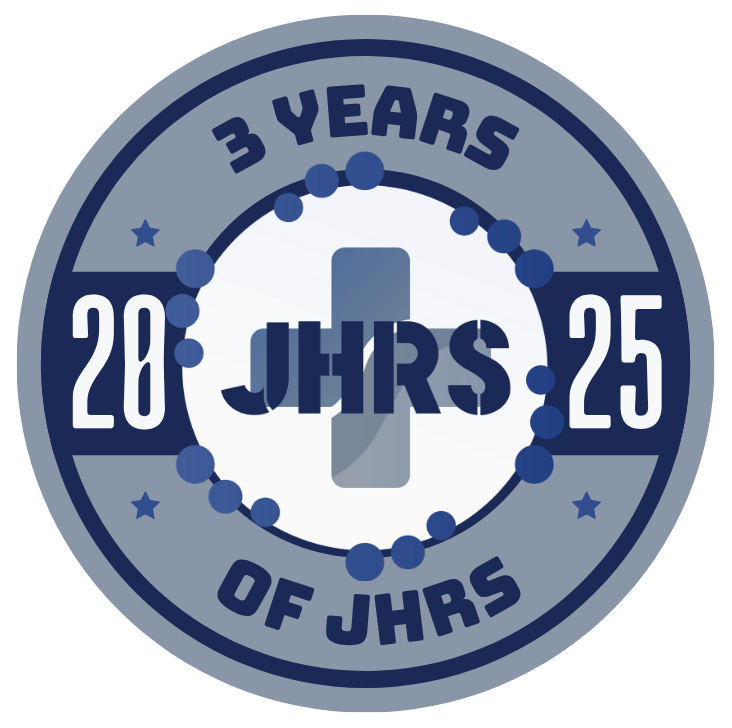Assessing adults with neuroatypical conditions suspected of having dementia
Keywords:
assessment, dementia, intellectual disability, neuroatypical conditions, protocolsAbstract
Dementia is increasing as nations’ populations across the world age and older adults survive in increasing number. Dementia has various etiologies and forms of expression thus accurate diagnosis is always a challenge. Detection of any adult-age cognitive impairment in health care settings is difficult in general but can be especially challenging among adults with neuroatypical or neurodivergent conditions (NACs). Most clinical guidelines/protocols applicable to the general population for assessing mild cognitive impairment or dementia do not include considerations when assessing adults with NACs. This article addresses the obstacles to early detection and assessment of adults with NACs and recounts what one national group undertook to raise awareness of this obstacle. These conditions often present assessment challenges as adults with NACs often have problems with comprehension, oral communication, motor task performance, recognition of assessment related visuals, and comfort in testing situations. Clinicians assessing adults with NACs face challenges due to an inappropriateness of using standardized dementia assessment measures, are often untrained or unfamiliar with discerning pre-existing conditions from new cognitive impairment and are uninformed as to how to adapt the testing situation. The investigation into NACs and dementia assessment lead to a series of recommendations to raise awareness among clinicians, seek to enlist professional organizations in adapting existing instruments, and increase research into NACs and dementia.
Downloads
Metrics
References
Janicki, M.P., Hendrix. J., & McCallion, P., and Neu-roatypical Conditions Expert Consultative Panel. (2022a). Examining Adults with Neuroatypical Con-ditions for MCI/Dementia During Cognitive Impair-ment Assessments – Report of the Neuroatypical Conditions Expert Consultative Panel. The National Task Group on Intellectual Disabilities and Dementia Practices and the LuMind IDSC Foundation. https://www.the-ntg.org/screening-assessment. [Revi-sion V. June 27, 2022].
Janicki, M. P., Hendrix, J. A., & McCallion, P. (2022). Examining older adults with neuroatypical conditions for MCI/dementia: Barriers and recommendations of the Neuroatypical Conditions Expert Consultative Panel. Alzheimer’s &Amp; Dementia: Diagnosis, As-sessment &Amp; Disease Monitoring, 14(1).
World Health Organization. (2012). Dementia: A Public Health Priority. Geneva, Switzerland. https://www.who.int/publications/i/item/dementia-a-public-health-priority
World Health Organization. (2022). Dementia. https://www.who.int/news-room/fact-sheets/detail/dementia
Downloads
Published
How to Cite
Issue
Section
License
Copyright (c) 2022 Matthew Janicki

This work is licensed under a Creative Commons Attribution-NonCommercial 4.0 International License.
This journal provides immediate open access to its content on the principle that making research freely available to the public supports a greater global exchange of knowledge.
Articles published in the Journal of Health and Rehabilitation Sciences are licensed under a Creative Commons Attribution 4.0 International License (CC BY 4.0).
This license permits use, distribution, reproduction, adaptation, and commercial use in any medium or format, provided the original work is properly cited, the authors are credited, and the source is acknowledged.






















